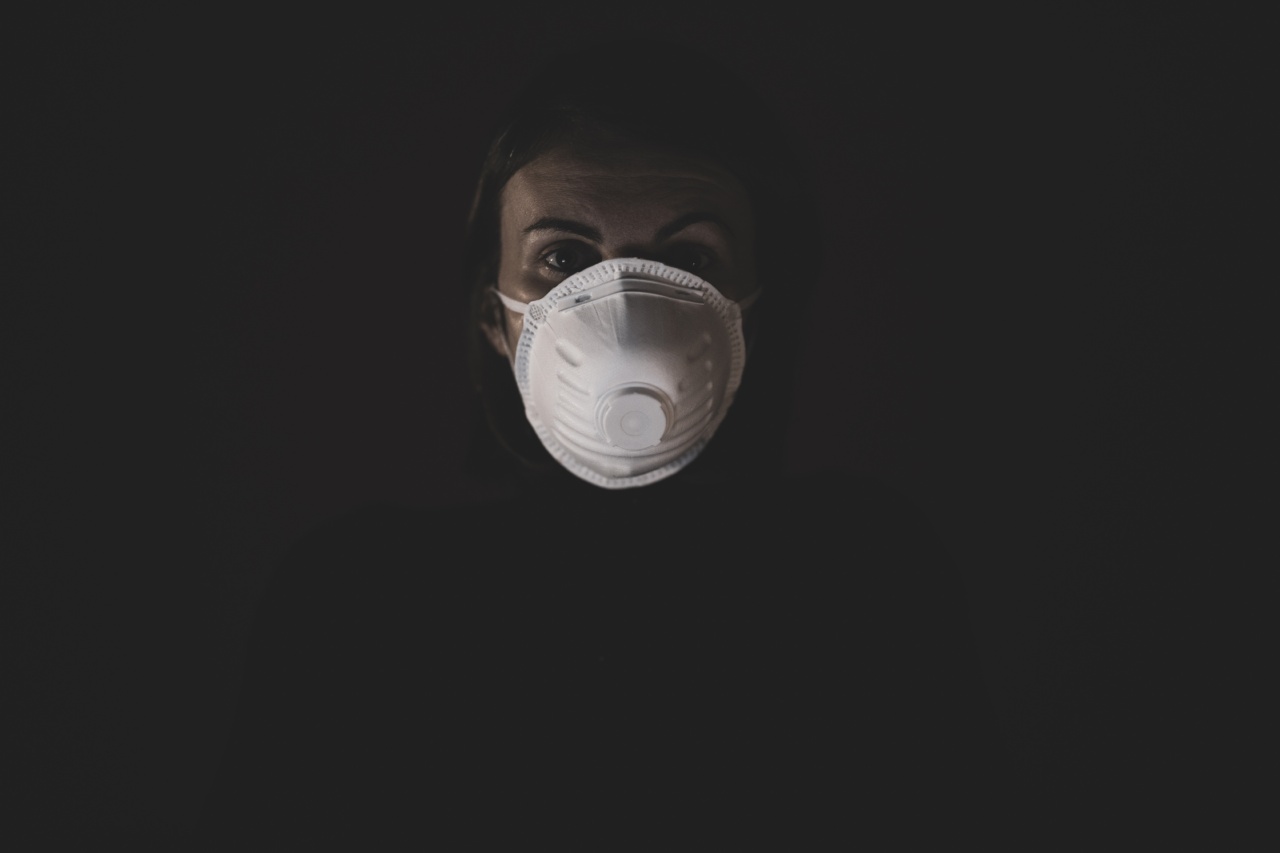A deadly flu outbreak has caused widespread panic around the world, with 113 fatalities and 42 people currently in intensive care. The outbreak has affected people of all ages, with children and the elderly being hit particularly hard.
Flu Causes
The flu is a highly infectious respiratory illness that is caused by the influenza virus. The virus is spread through droplets that are released into the air when an infected person talks, coughs or sneezes.
Anyone who comes into contact with these droplets can become infected. The flu can also be contracted by touching a surface that has been contaminated with the virus and then touching one’s mouth, nose or eyes.
The Symptoms of the Flu
The flu can cause a range of symptoms, including:.
- Fever
- Coughing
- Sore throat
- Body aches
- Fatigue
- Headache
- Nasal congestion
Symptoms can range from mild to severe and can last for several days to a week or more. In severe cases, the flu can lead to hospitalization and even death, particularly in people with weakened immune systems.
Preventing the Flu
The best way to prevent the flu is to get vaccinated.
The flu vaccine is recommended for everyone over the age of six months, and is especially important for people who are at higher risk of complications from the flu, such as children, the elderly, and those with chronic medical conditions.
In addition to getting vaccinated, there are other steps you can take to help prevent the spread of the flu, such as:.
- Washing your hands regularly with soap and water
- Avoiding close contact with people who are sick
- Covering your mouth and nose when coughing or sneezing
- Cleaning and disinfecting surfaces that may be contaminated with the virus
- Staying home if you are sick to avoid spreading the virus to others
Treatment and Care for Flu Patients
If you do become infected with the flu, it’s important to seek medical treatment right away. Your doctor may prescribe antiviral medications that can help lessen the severity of your symptoms and reduce the amount of time that you are sick.
In addition to antiviral medications, there are other things you can do to help alleviate your symptoms, including:.
- Getting plenty of rest
- Drinking fluids to stay hydrated
- Taking over-the-counter medications to relieve pain and fever
- Using a humidifier to help soothe a sore throat and nasal congestion
The Importance of Early Detection
One of the most important things you can do to protect yourself and others from the flu is to get tested for the virus as soon as possible if you think you may have been exposed.
Early detection can help prevent the spread of the virus to others and allow for prompt treatment, which can reduce the severity and duration of your symptoms.
If you or someone you know is experiencing symptoms of the flu, it’s important to seek medical attention right away. With the right treatment and care, most people are able to recover from the flu without any serious complications.
However, it’s important to take the flu seriously and to take steps to protect yourself and others from the virus.
Conclusion
The deadly flu outbreak has claimed the lives of 113 people and put another 42 people in intensive care.
The flu is a highly contagious illness that can cause a range of symptoms, including fever, coughing, sore throat, body aches, fatigue, headache, and nasal congestion. The best way to prevent the flu is to get vaccinated and to take steps to protect yourself and others from the virus. If you do become infected, seek medical attention right away and take steps to reduce the severity and duration of your symptoms.






















